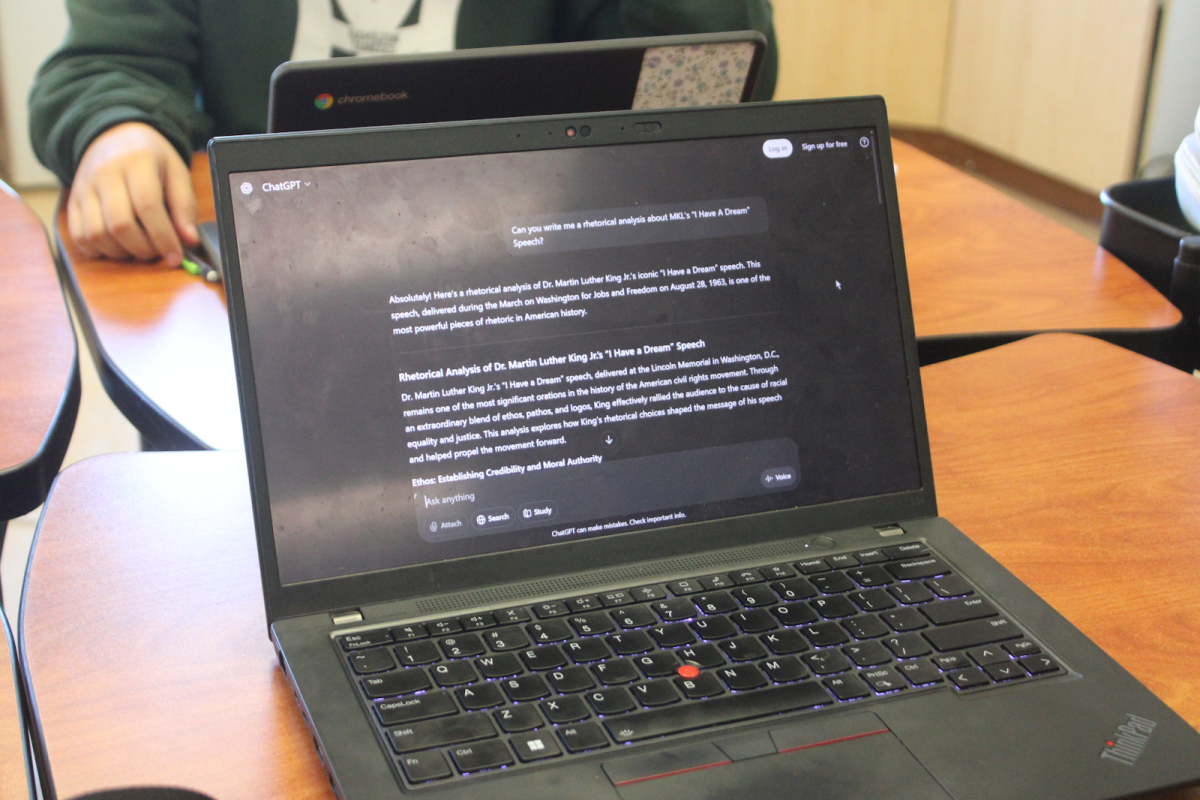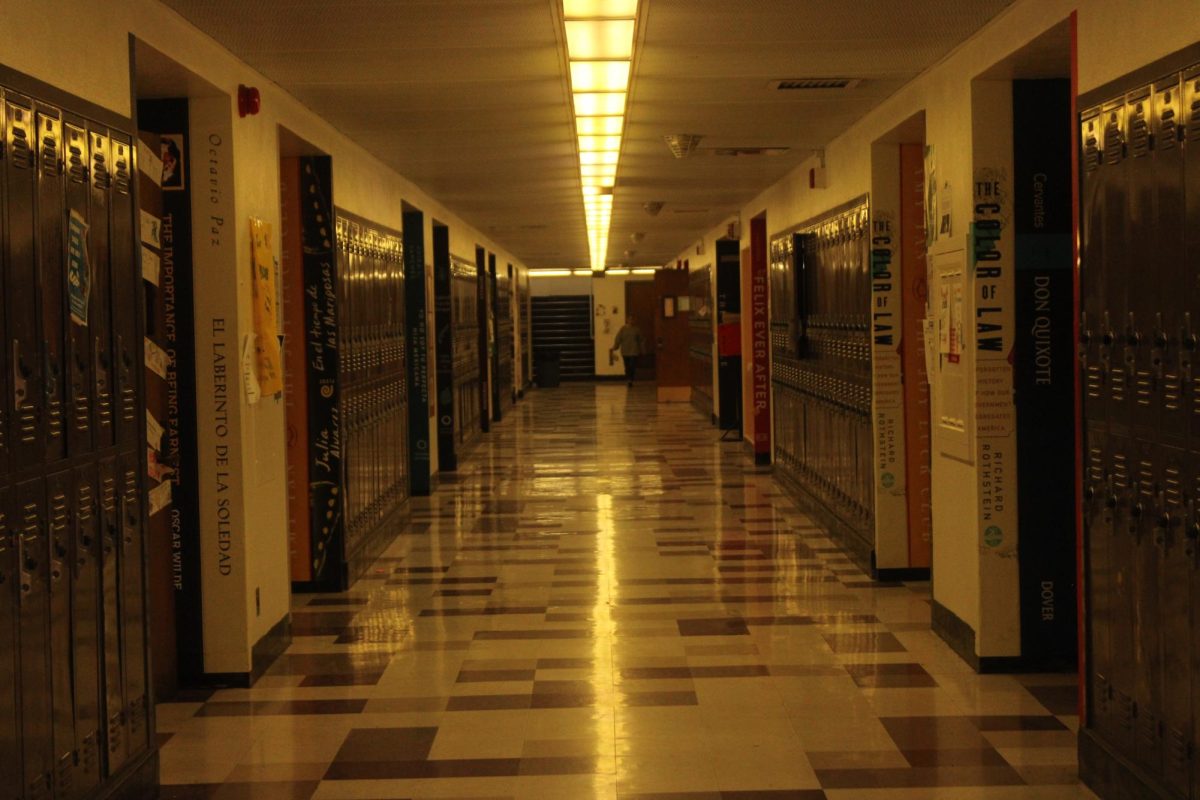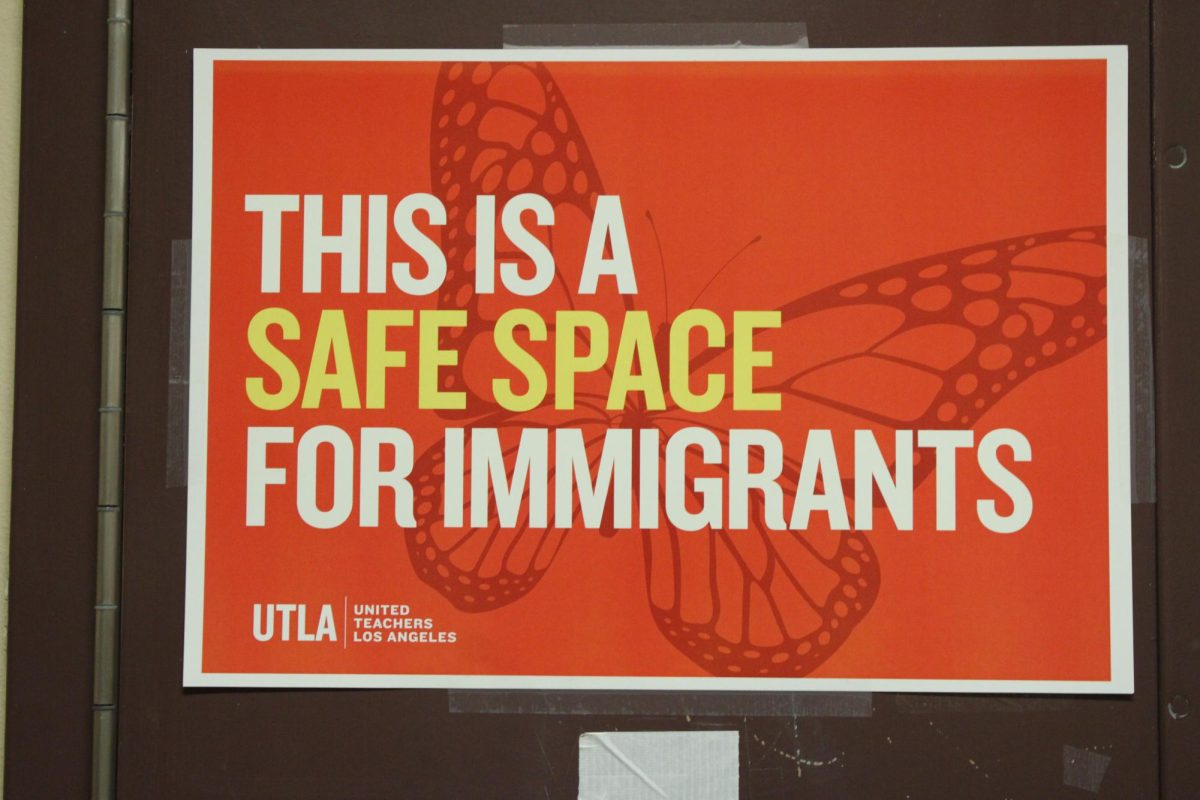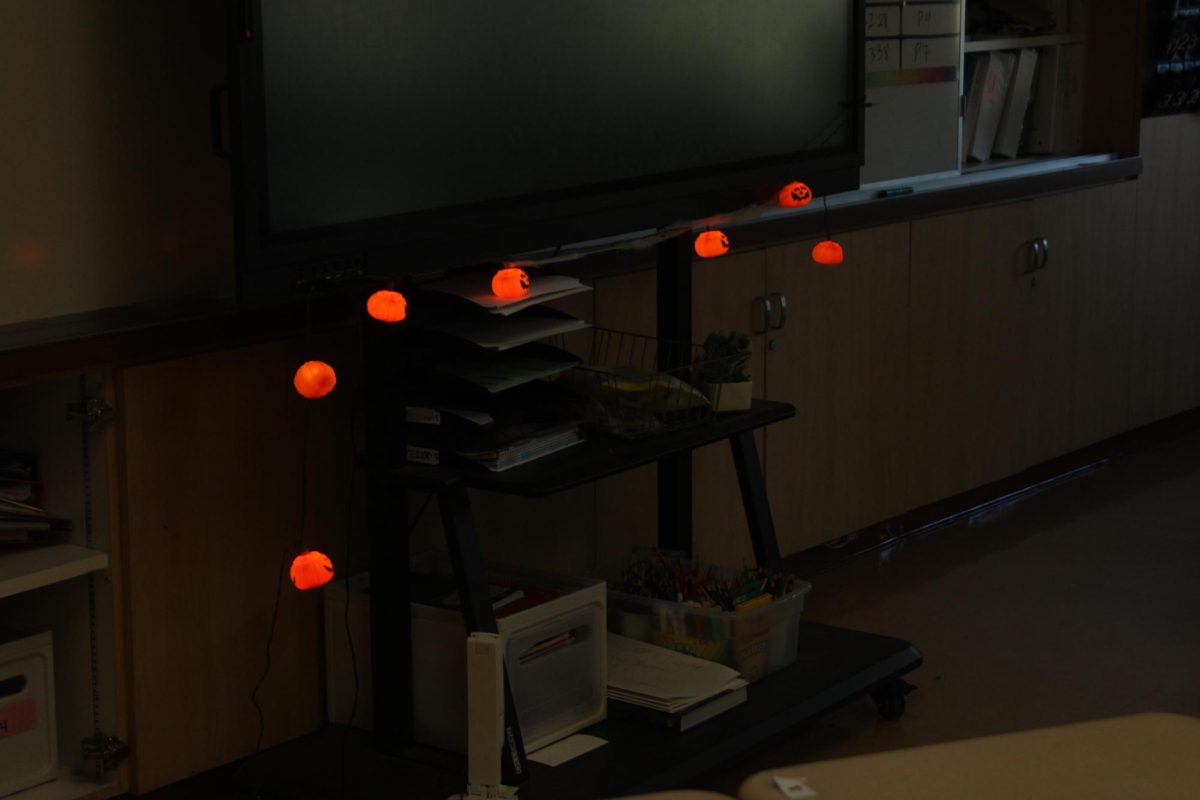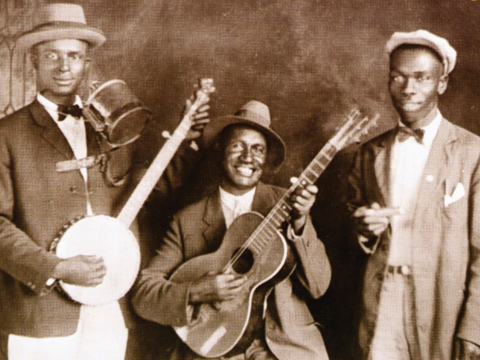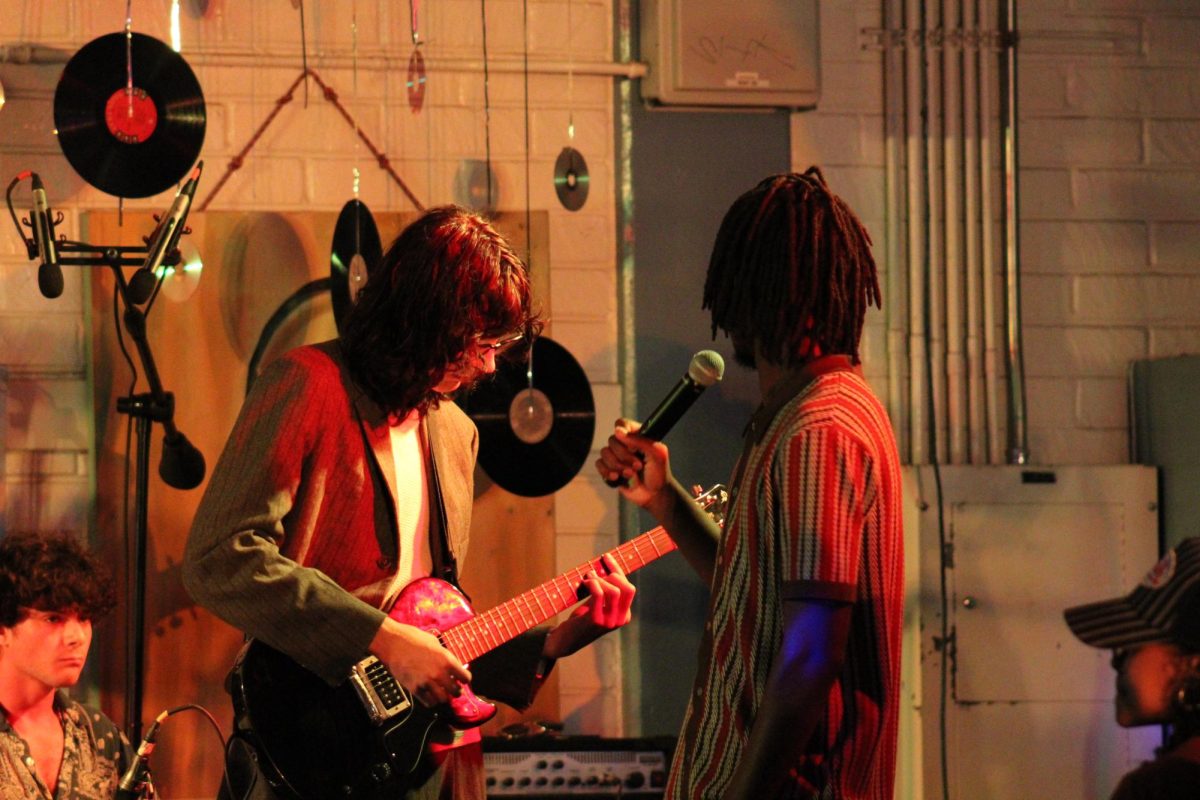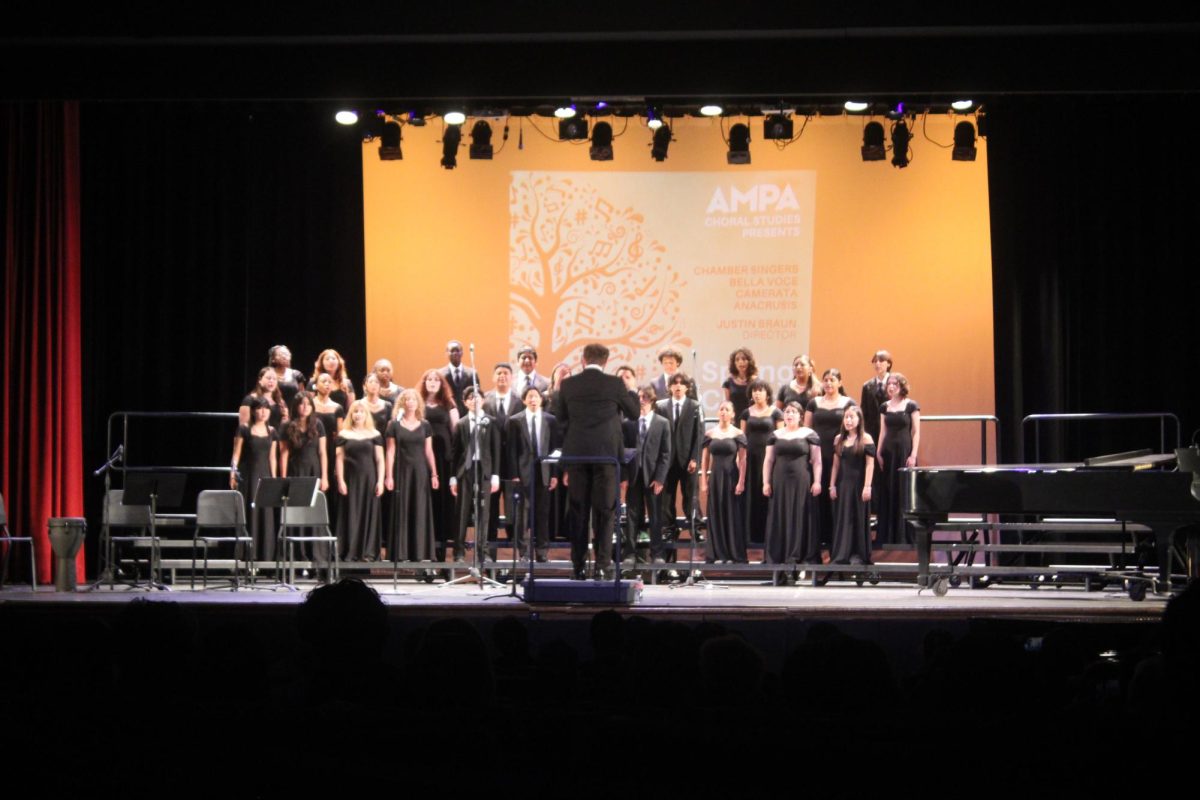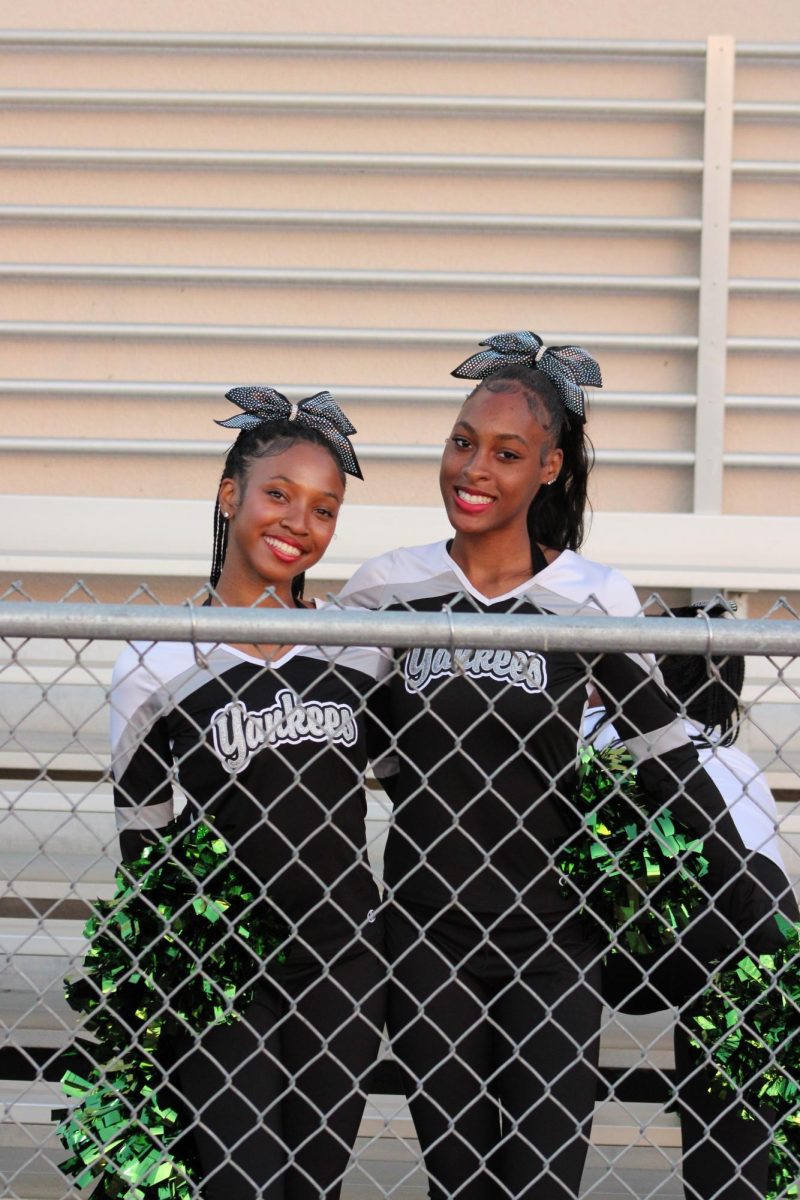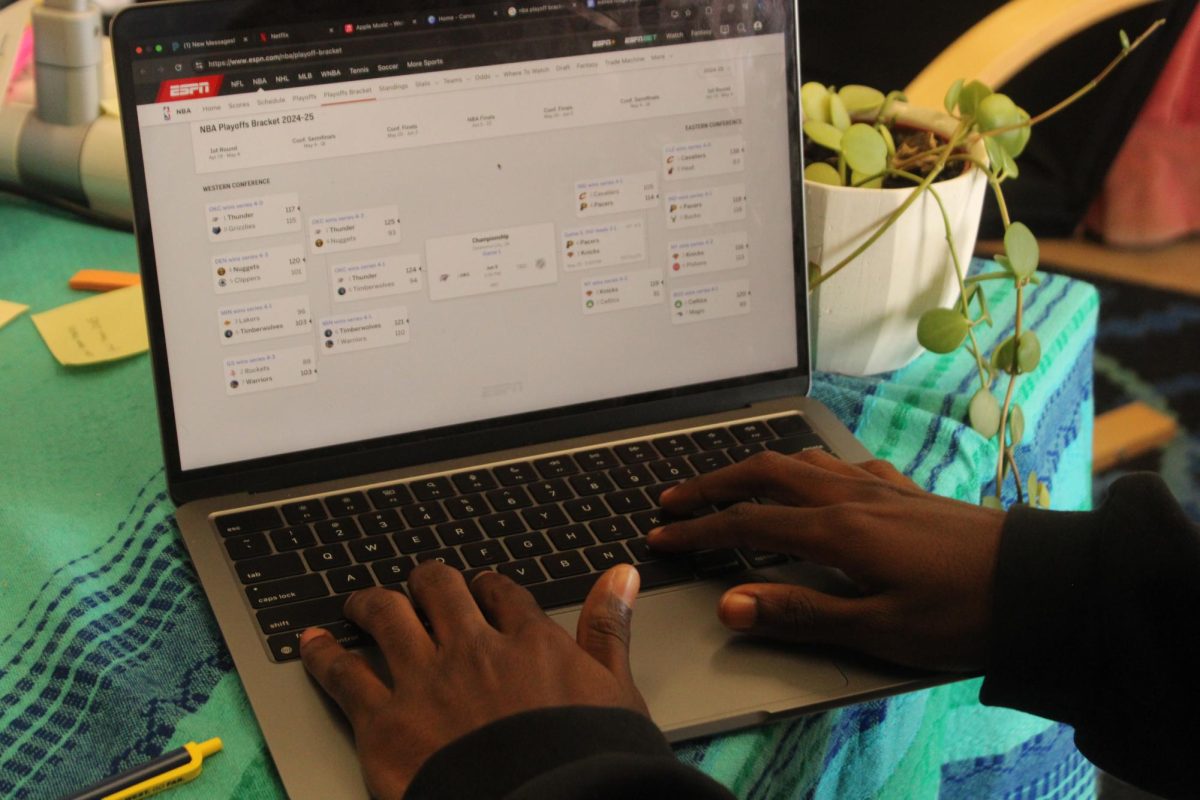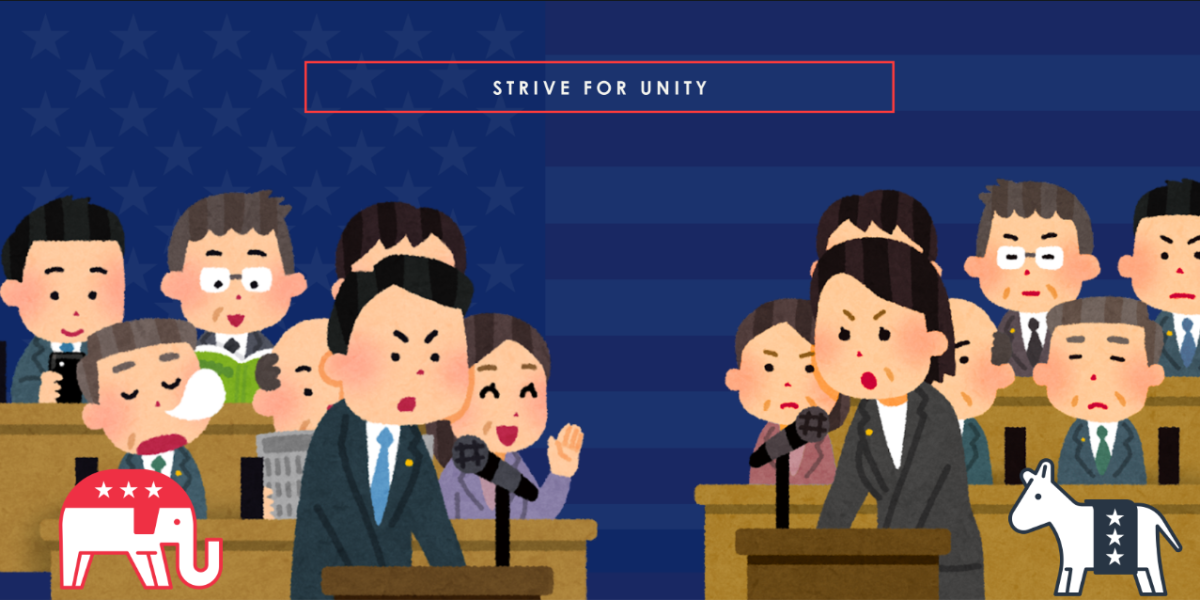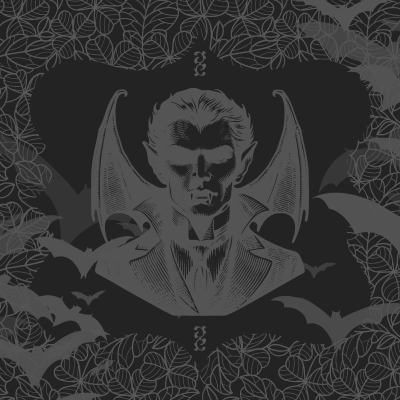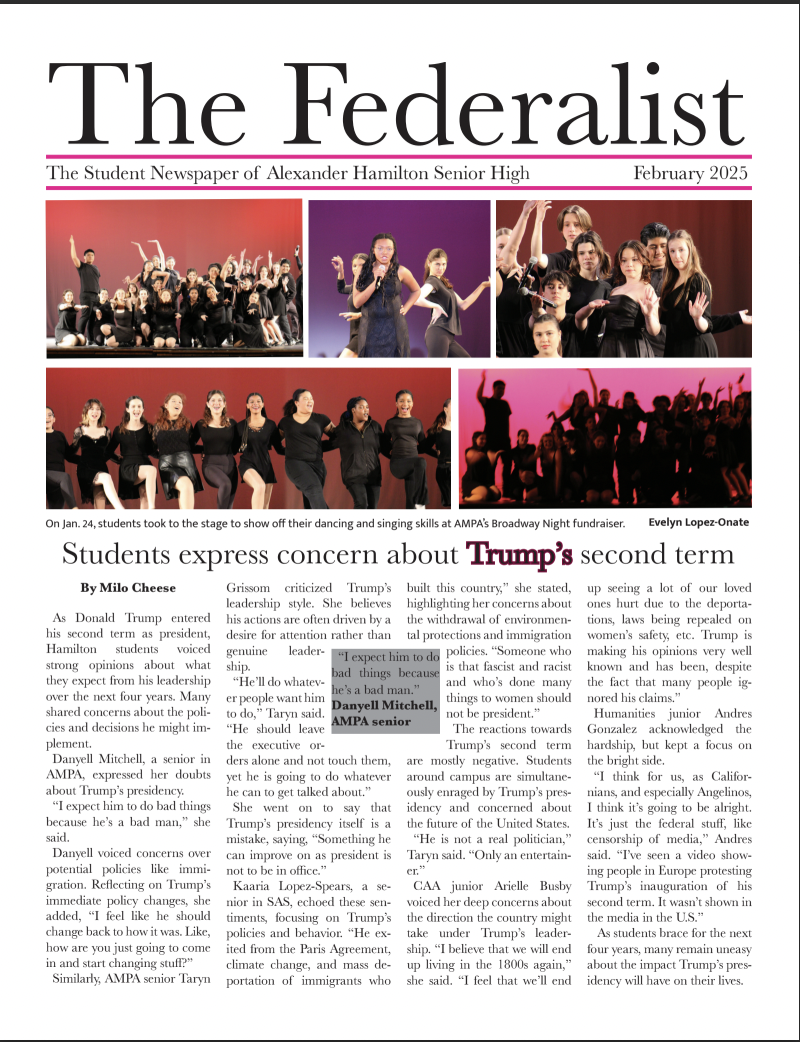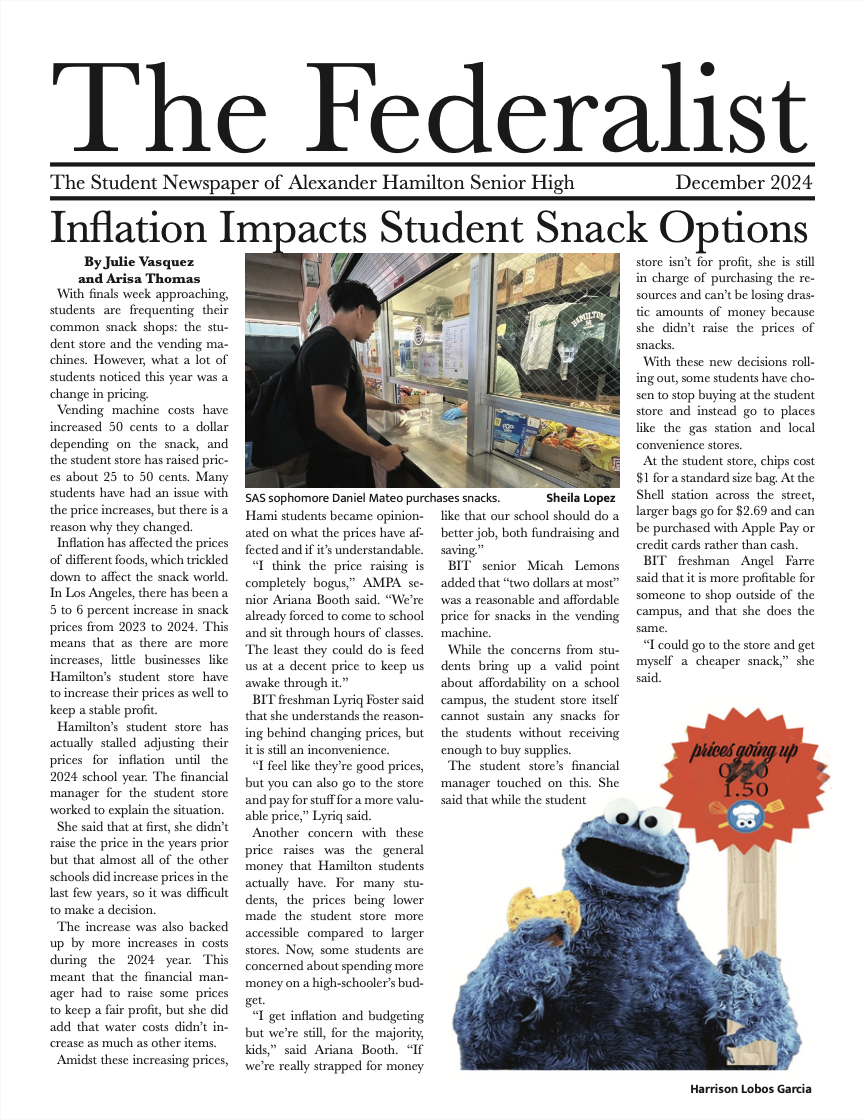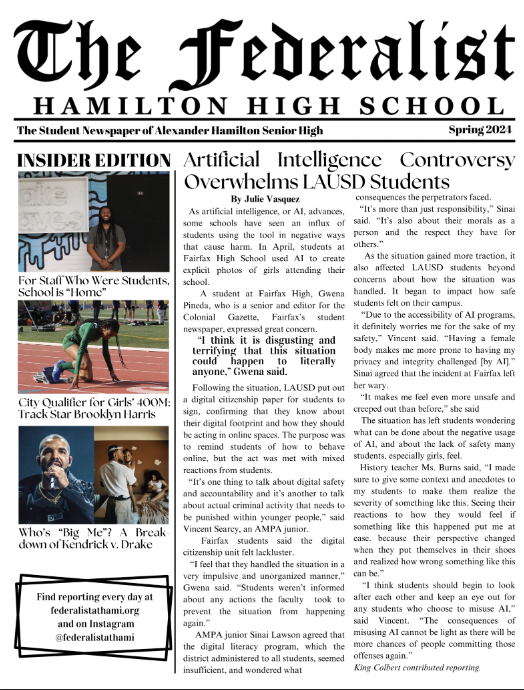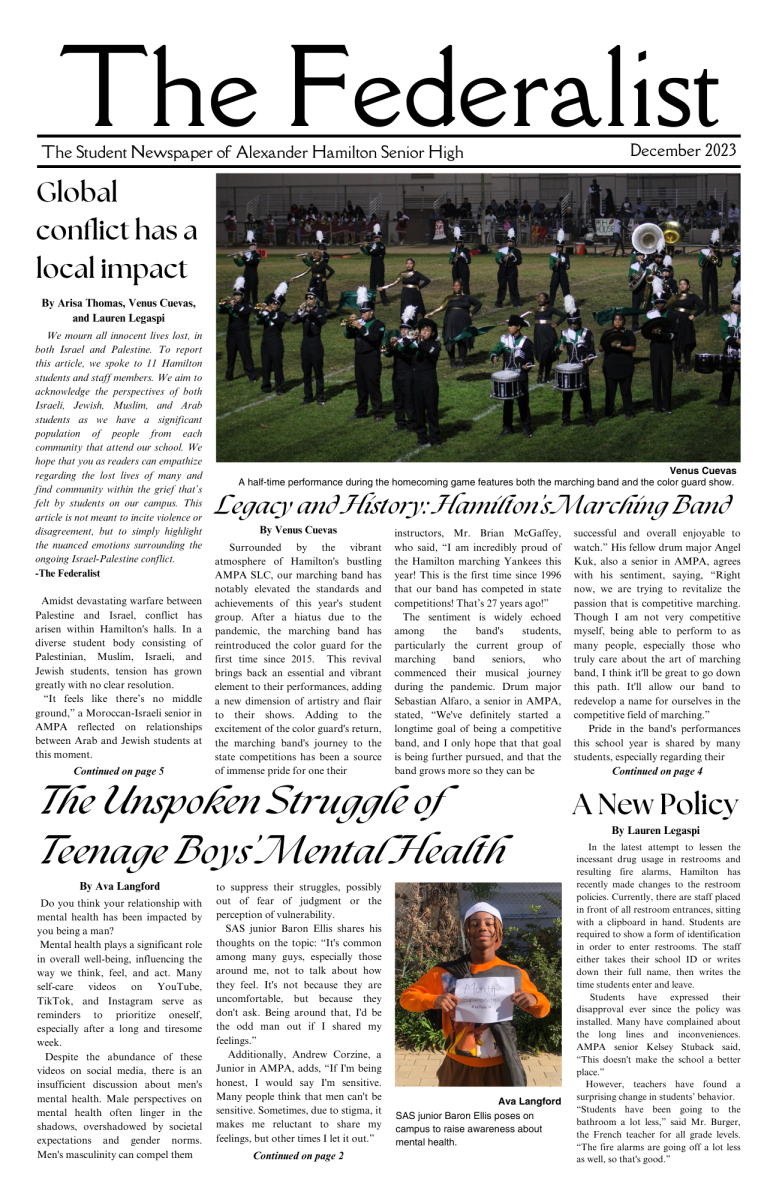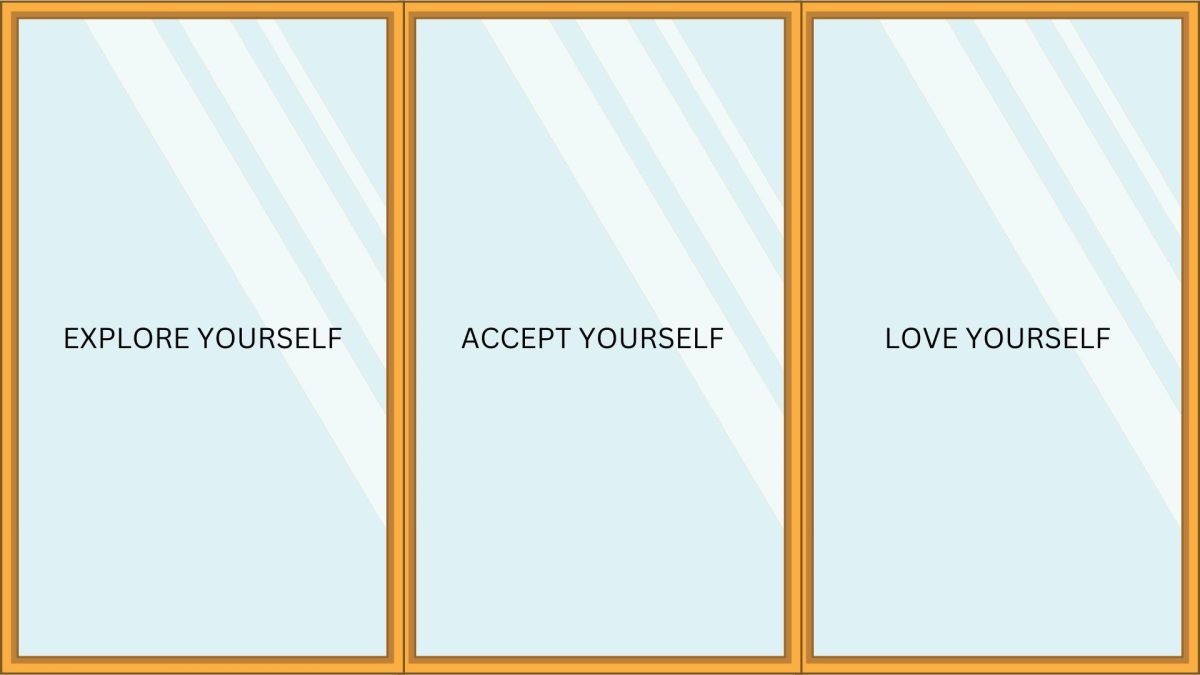In a world dominated by distractions, the quest for self-awareness and acceptance is often overlooked. These two fundamental traits are not only essential for personal growth but also for navigating the complexities of modern life. However, societal conditioning often nips our emotional awareness in the bud, making the pursuit of true self-acceptance a challenge.
From the moment we enter this world, we are subjected to societal norms that can “quell” our emotions—diminishing our ability to connect with our true selves. As children, we possess an innate freedom, a natural emotional connection that society tends to suppress. Research indicates that the first five years of life are crucial for forming emotional responses, yet many of us are taught to hide our feelings. When a child is told to stop crying or to “calm down,” their emotional voice is muted. This conditioning leads to a disconnection from our own emotional landscape, creating barriers to genuine self-awareness.
Freedom and self-awareness are deeply connected. According to Hive.com, “self-awareness is one of the most powerful ways to freedom.” True freedom requires an understanding of oneself. How can anyone feel free while burdened with the inability to accept their own emotions? Many people live in a state of denial, ignoring parts of themselves that they deem unworthy. This denial creates an internal prison, almost as if we were a bird with no wings, or a bird trapped in a cage too small to fly in.
In our technology-driven society, the struggle for self-awareness is amplified. I find myself averaging four to five hours on my phone daily, a statistic that reflects a broader trend of addiction to screens and constant stimulation. This reliance can alienate us from real connections, as I experienced during the pandemic, when I became consumed by video games, isolating myself from family and friends. It was only through my mother’s intervention—encouraging me to surf—that I found a way back to myself. Surfing offered not just a break from the screen, but a return to nature, to my thoughts, and ultimately to a healthier self-awareness.
Self-acceptance is equally critical. To love every part of ourselves—including our perceived flaws—is essential for a fulfilled life. Many people struggle with accepting aspects of themselves, leading to a silencing of their inner voice. Those who embrace their full selves, both light and dark, possess a powerful authenticity that inspires others. Acceptance means making peace with who we are and recognizing that our experiences, both positive and negative, contribute to our identity.
Why is this topic so crucial? Too many chase an elusive formula for happiness, trapped in a societal rat race that distracts from the obvious. The irony is that the key to happiness often lies just beyond societal confines—in the acceptance of our experiences and emotions. By embracing both our joys and struggles, we can truly exhibit gratitude.
In a world where external pressures can drown out our inner voices, cultivating self-awareness and acceptance becomes out of the ordinary. Yet these traits empower us to navigate life with clarity and purpose. Instead of succumbing to societal expectations, let’s prioritize understanding ourselves and embracing every ounce of our being. It’s time to recognize that the journey to self-awareness and acceptance is not just a personal endeavor; it is a pathway to collective freedom.
